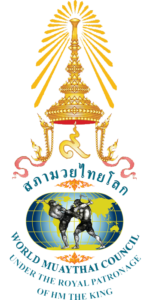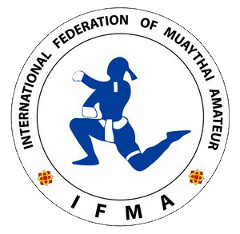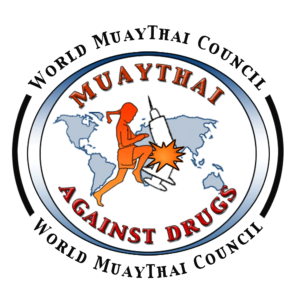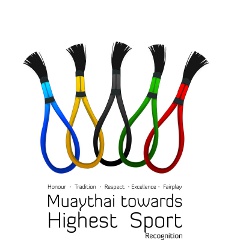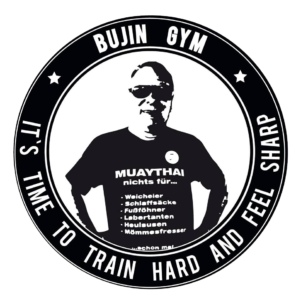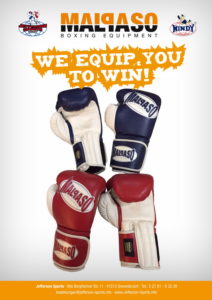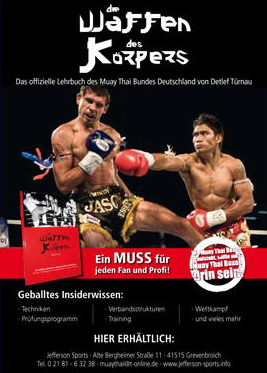Most companies that offer franchising opportunities publish how-to-information information for potential franchisees on their websites. In general, this is complete, voluminous and often written in the legal or boiler platform. In its role as franchisor, Dunkins` text speaks clearly and intelligiblely to its alleged franchisees, as shown in the following example. You may not be ready to buy a franchise yet, but now that you`ve learned these terms, you`re one step closer. Go ahead and dive. Take a look at the different sectors where you can start your own franchise and discover your next big step. A subsidiary is part of a number of company-owned stores. If, for example, Starbucks (NASDAQ: SBUX) were to franchise some of its subsidiaries, then they would become the property of external investors – not the original company – and Starbucks would become a franchisee. Third-party funds: sometimes franchisees choose to finance themselves elsewhere, for example. B a bank or a specialized source of financing.
Any organization outside the franchisor that offers fees is a third-party funder. A franchise is also a contract between a licensee (franchisor) and a licensee (franchise). While each franchise is a license, not all licenses are a franchise under the law. Disadvantages include high start-up costs and current licensing fees. To learn more about the McDonald`s example, the total estimated amount of money needed to create a McDonald`s franchise is between $1 million and $2.2 million. Franchises have, by definition, a current fee to pay to the franchisor in the form of a percentage of revenue or revenue. This percentage can range from 4.6% to 12.5% depending on the sector. The franchise agreement must deal with certain fundamentals, including, but not limited to: in addition to extending its geographic coverage, franchising is a good way for a company to increase its market share while minimizing capital expenditure (CapEx). Franchises can be more profitable than corporate chains, because franchisees, as business owners, are motivated to maximize the profitability of their subsidiaries and are responsible for their own overhead, for example.B. Less overload can make franchises more profitable than businesses, even if their subsidiaries are less profitable than they would be if they were held as subsidiaries. For insurgent brands, there are those who publish inaccurate information and pride themselves on having opinions, rankings and rewards that do not have to be proven.


